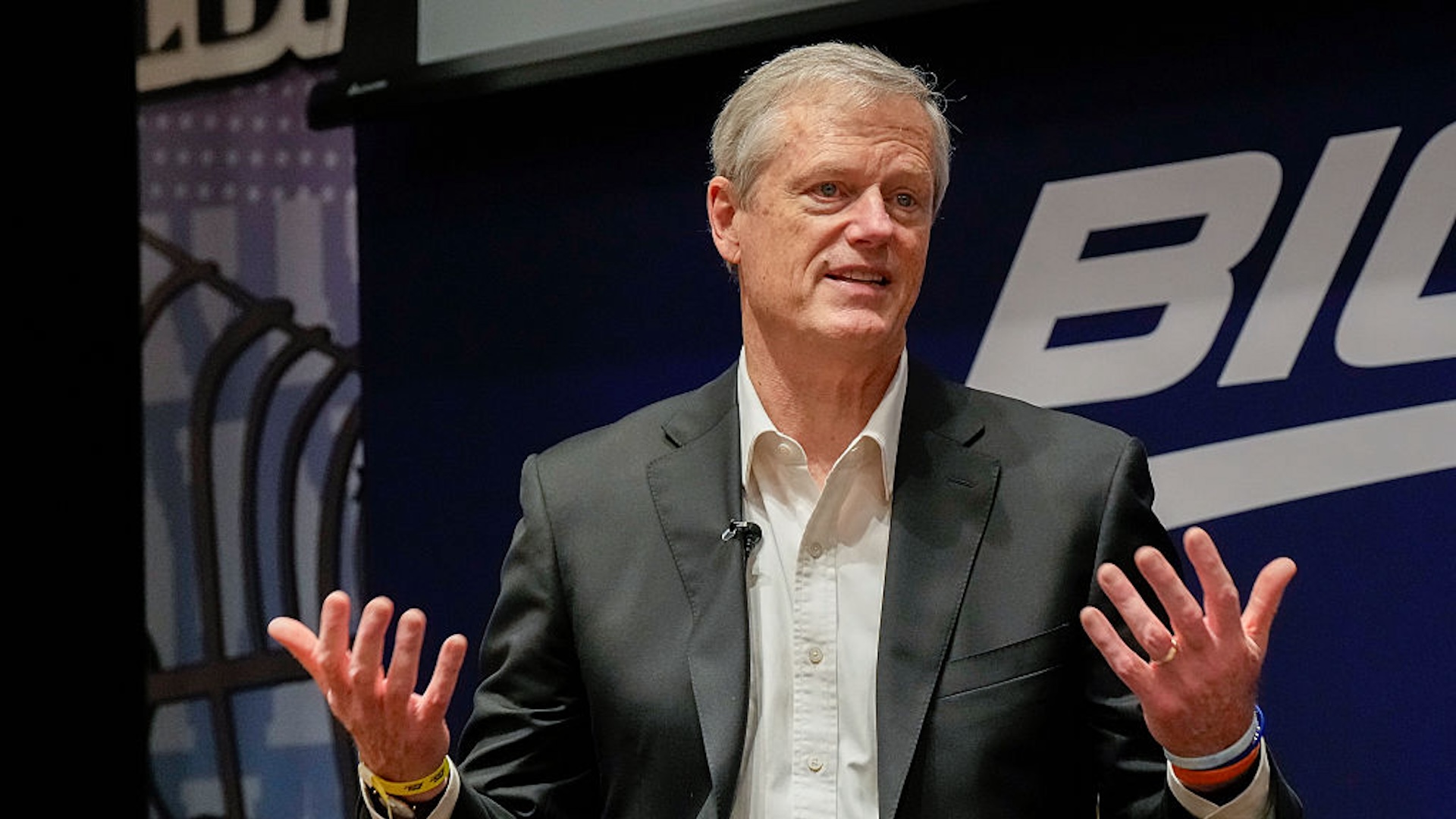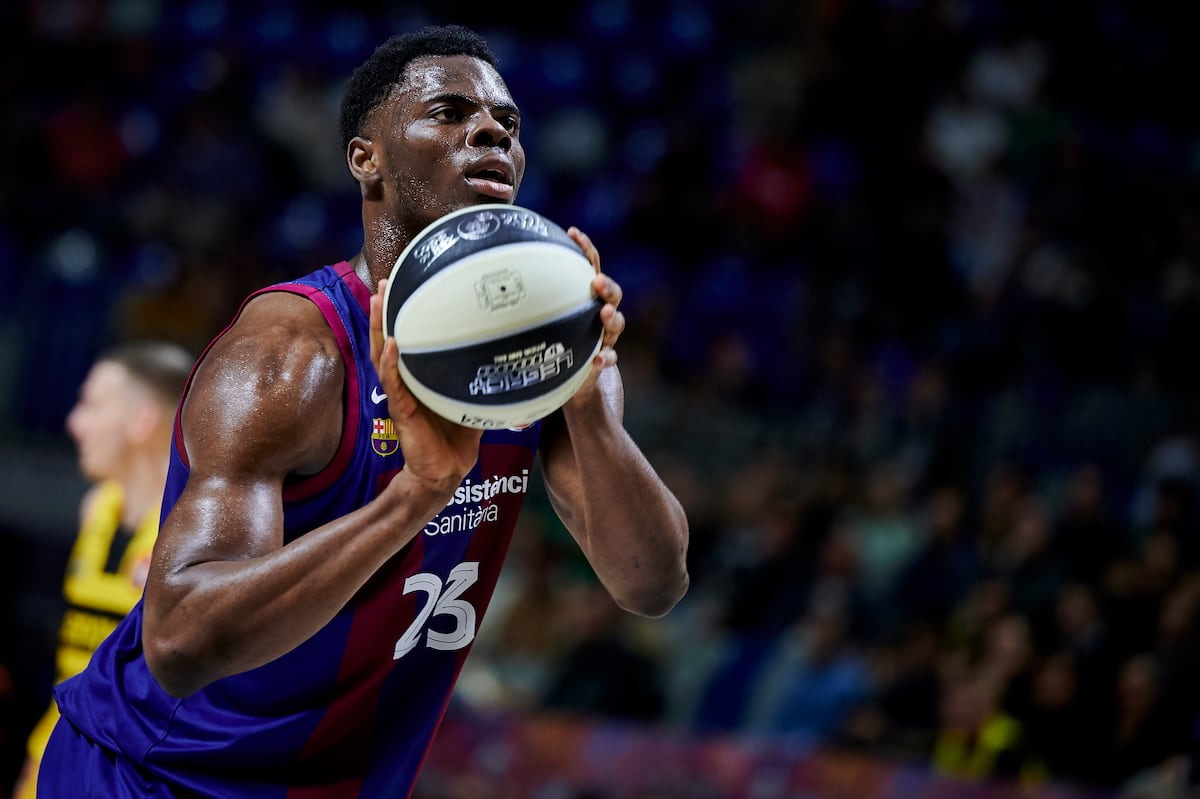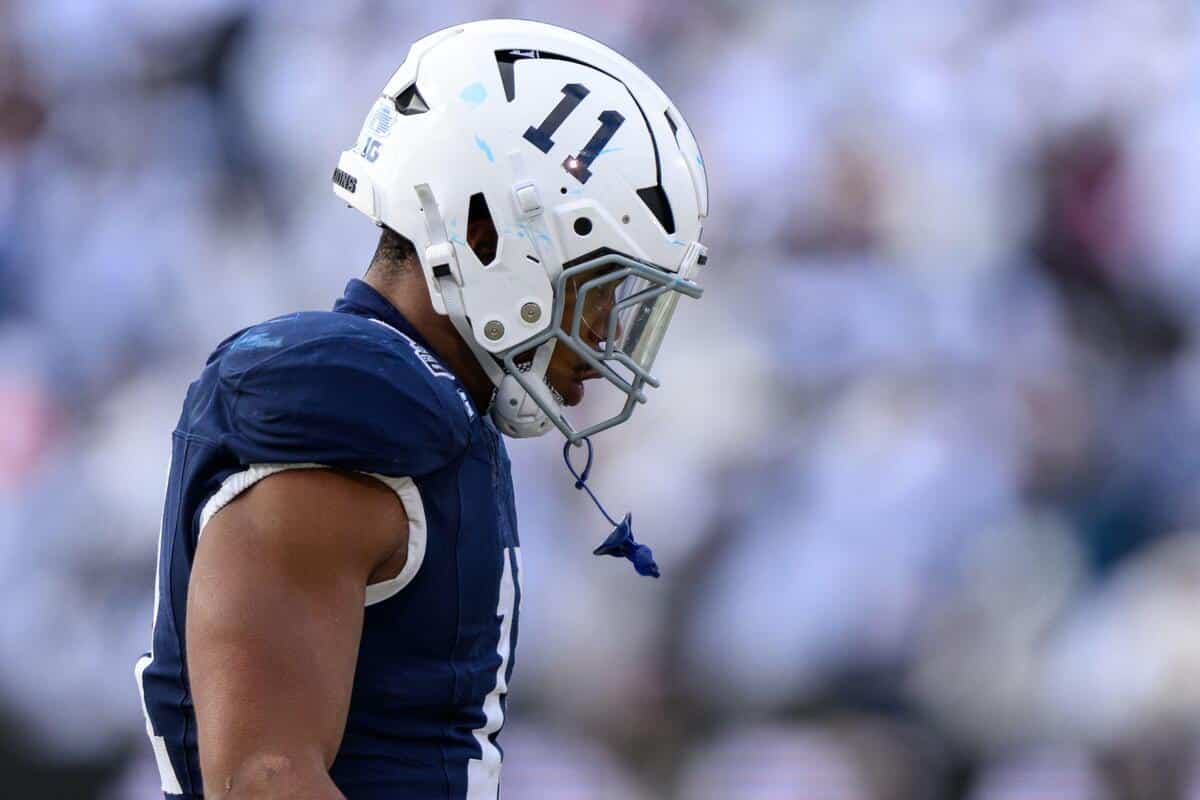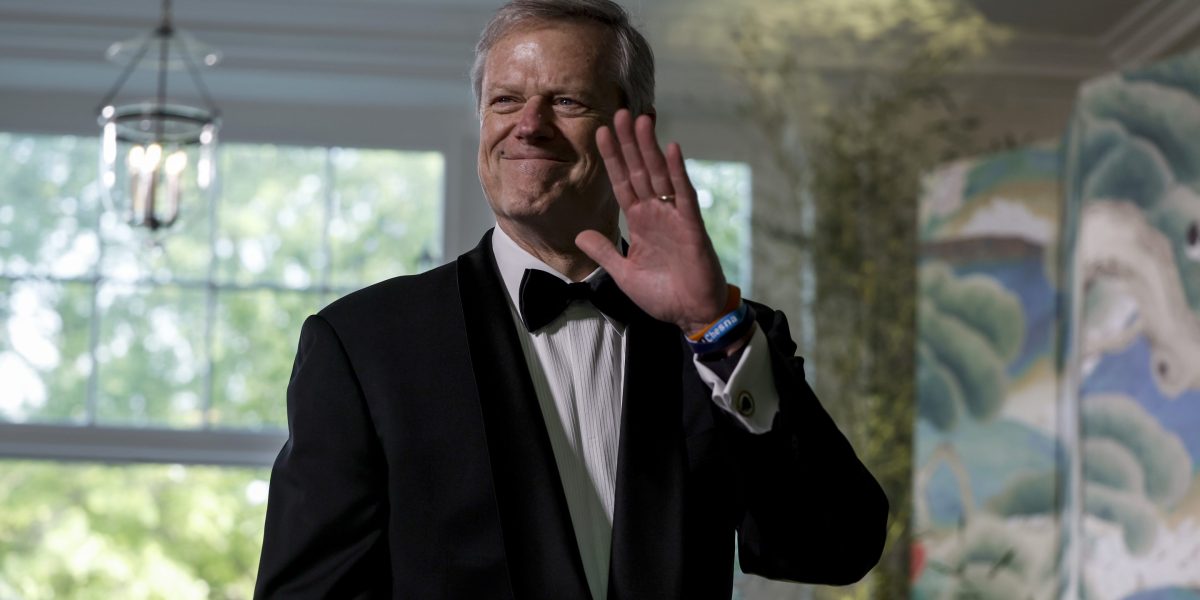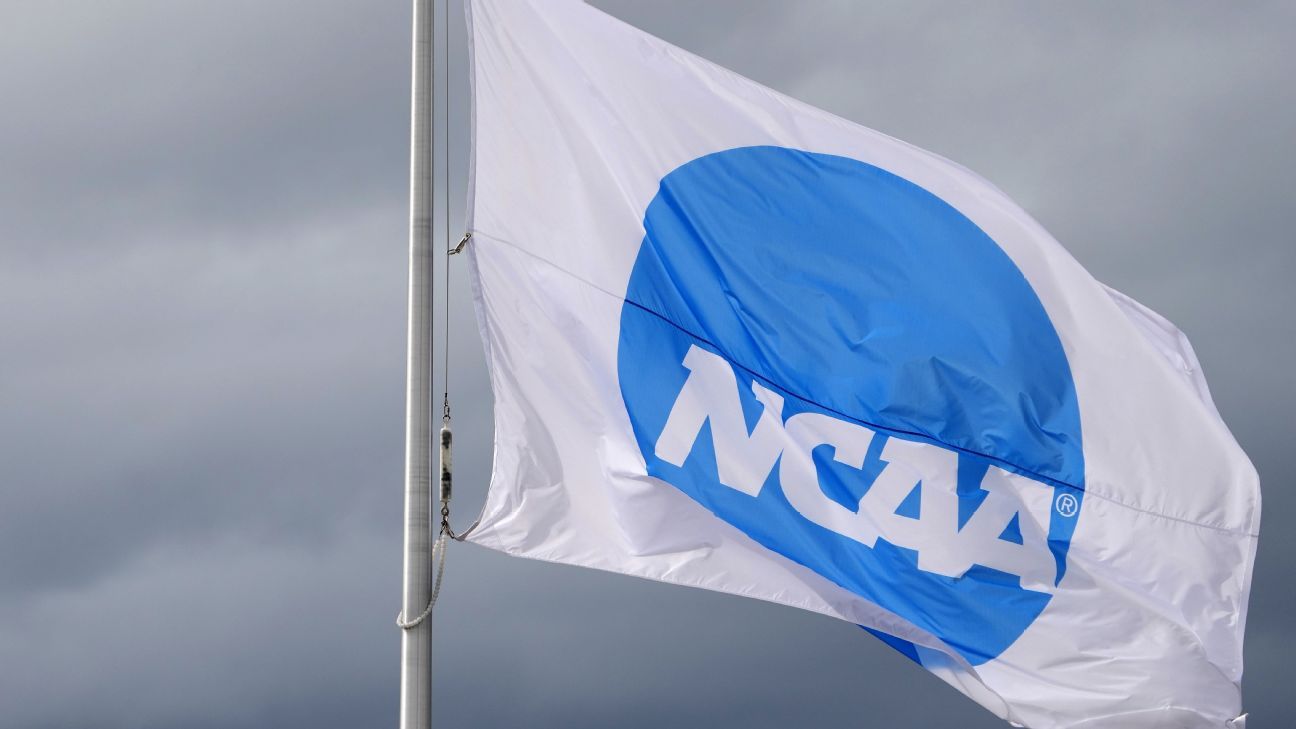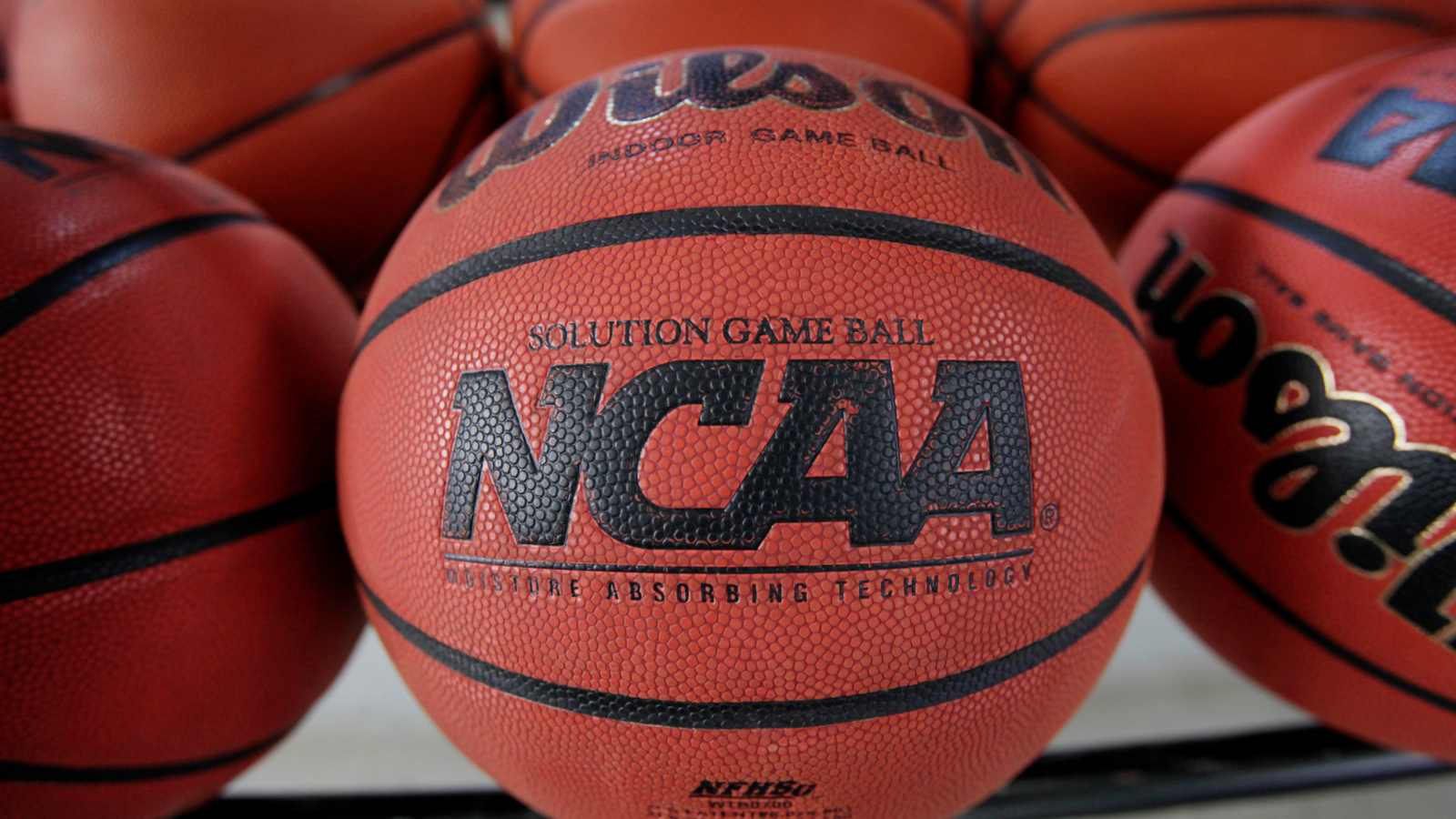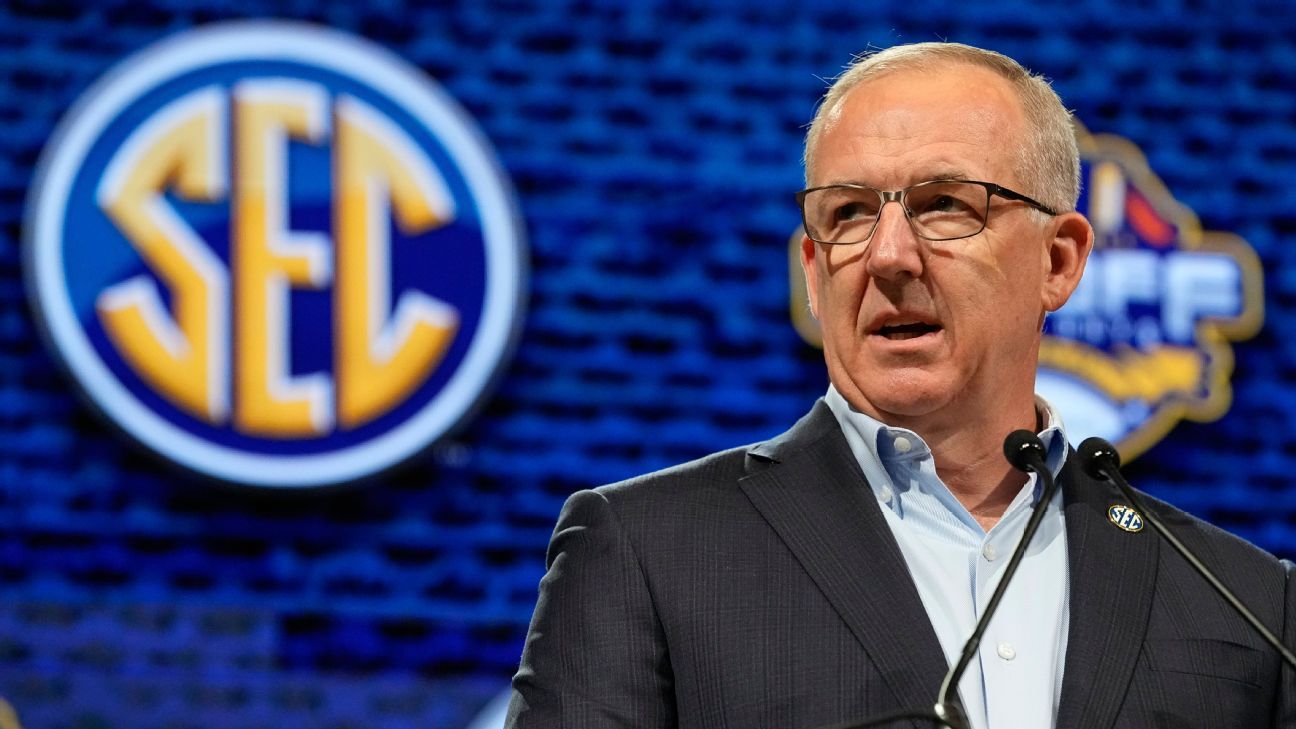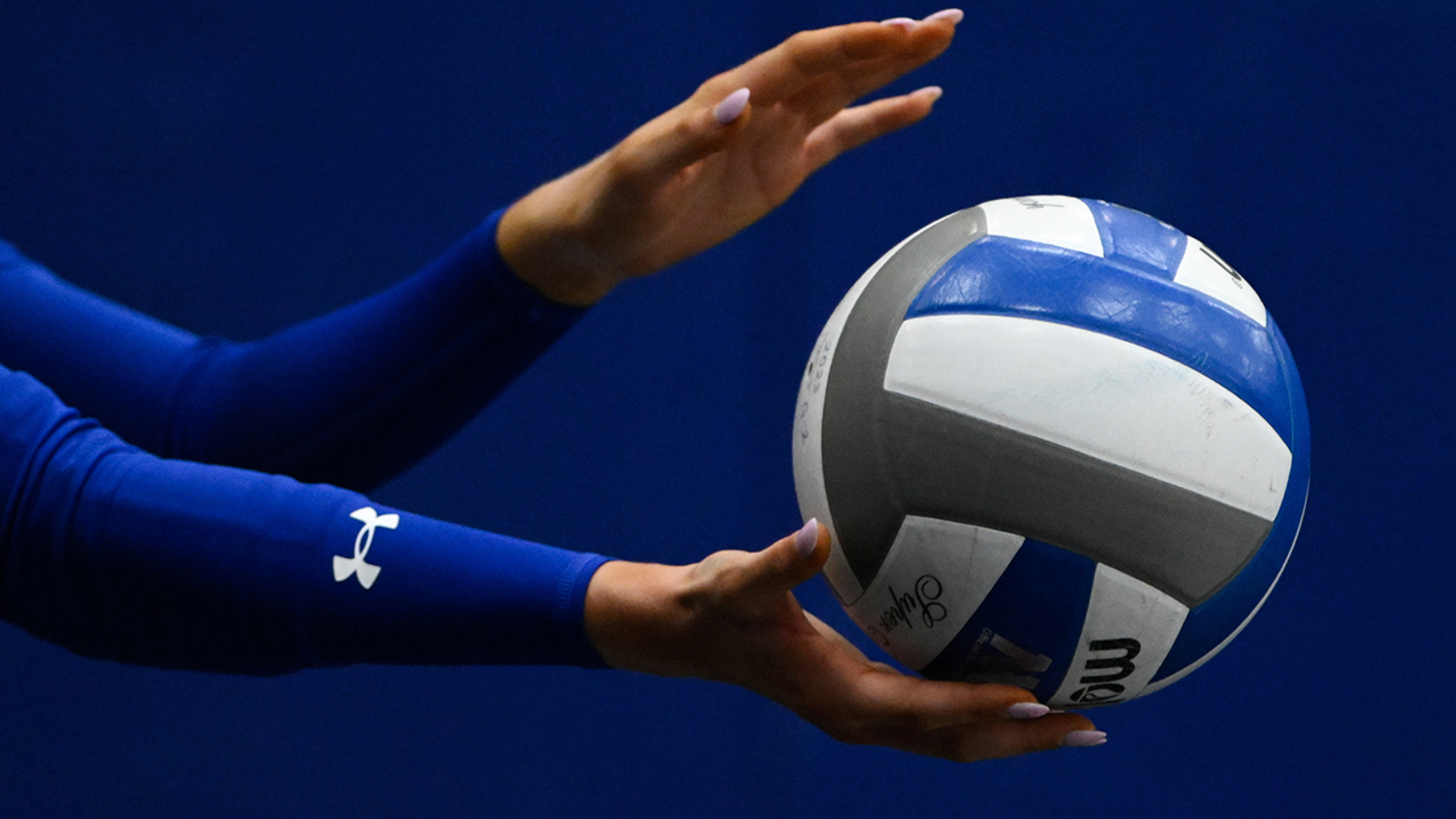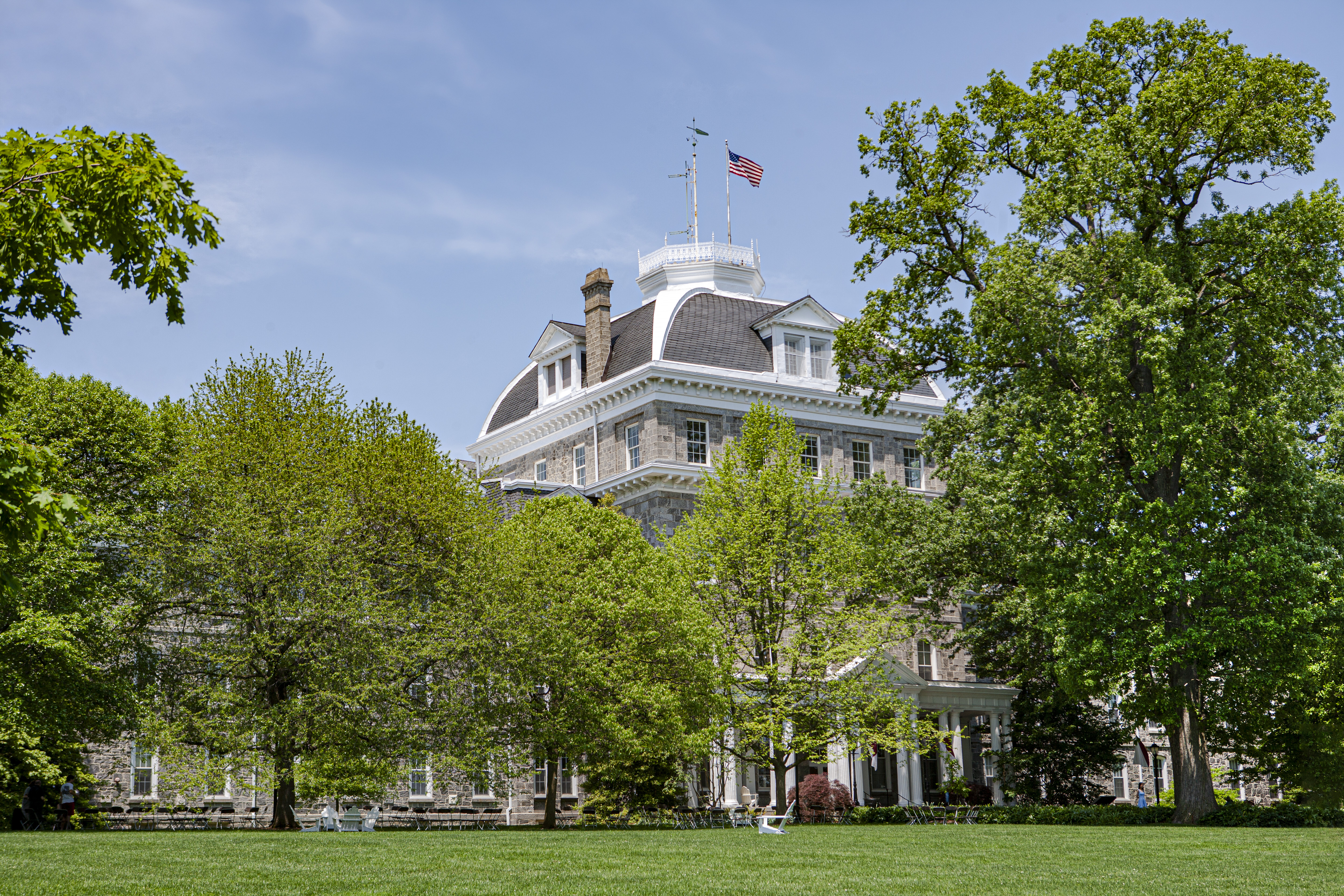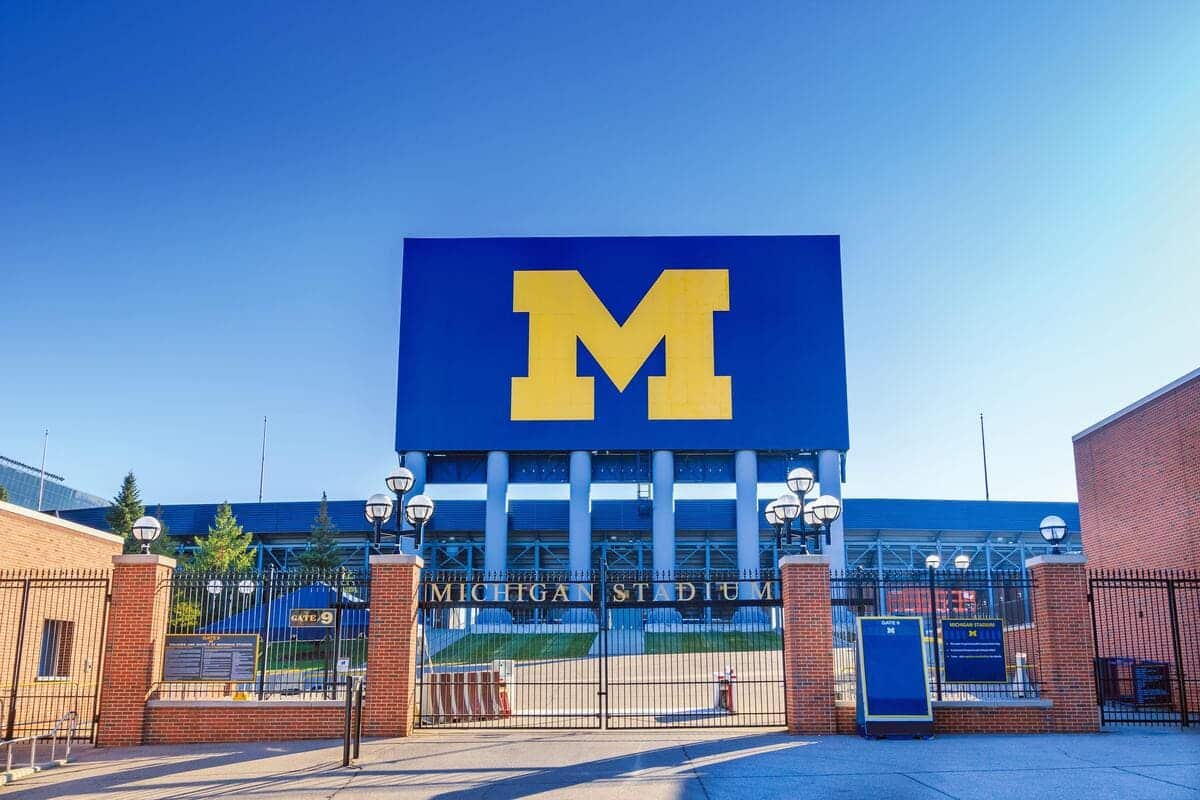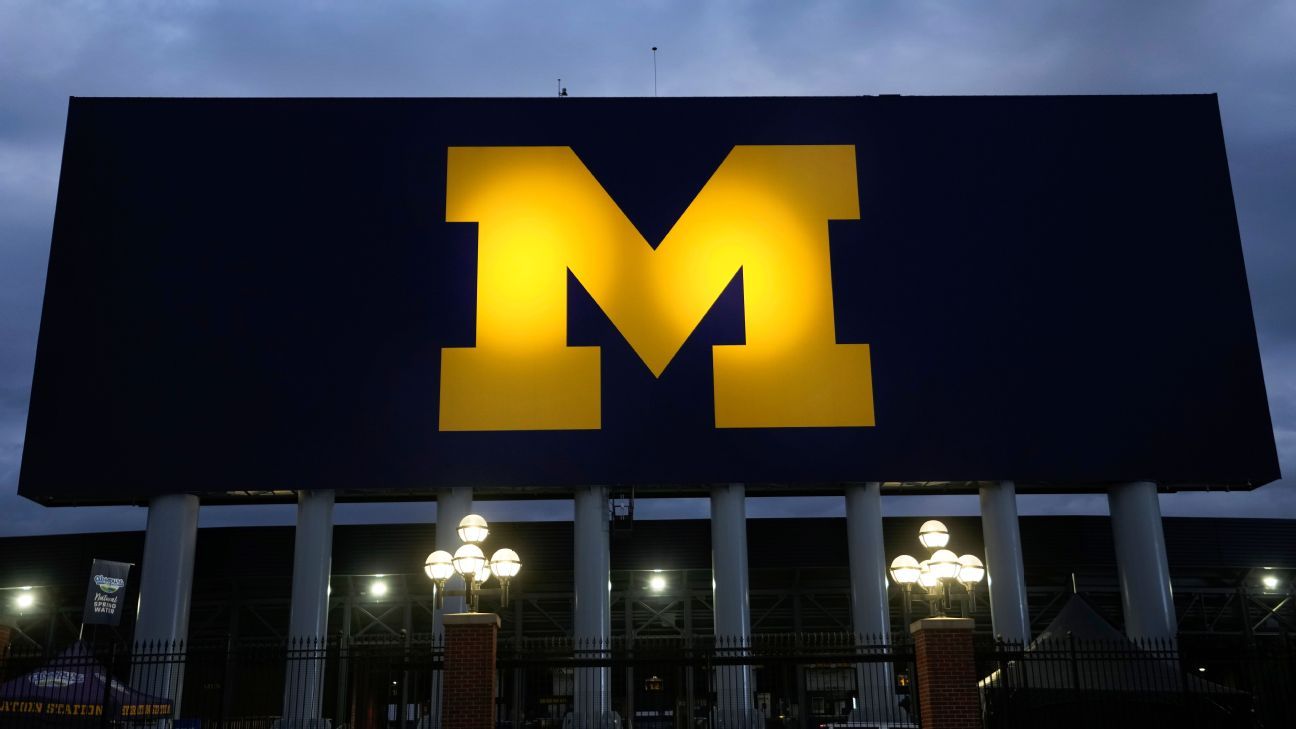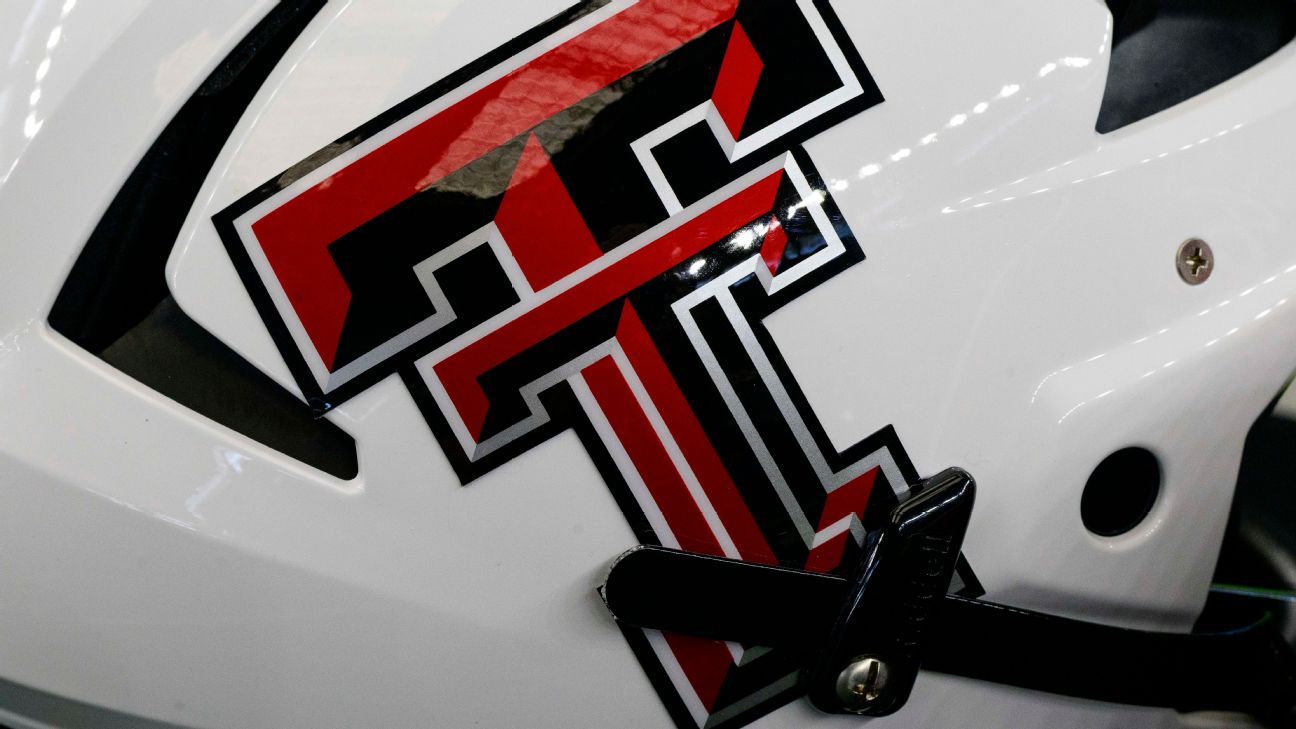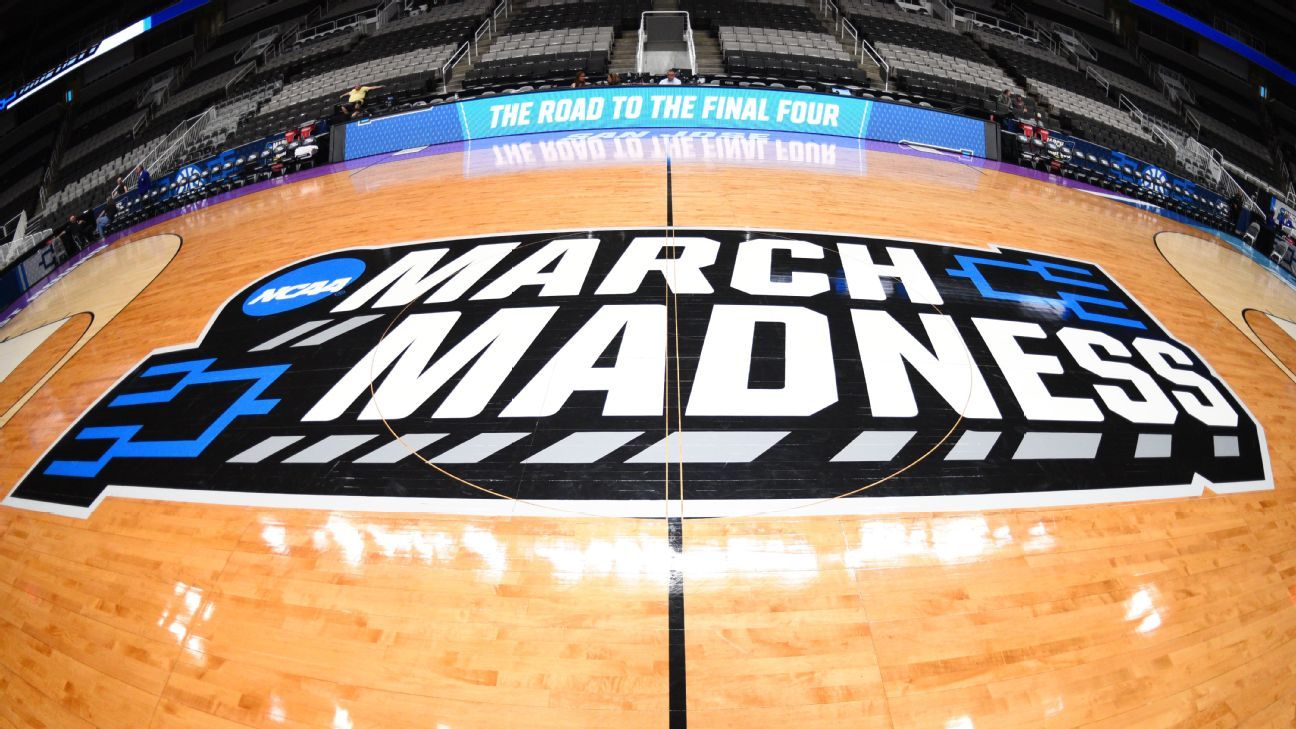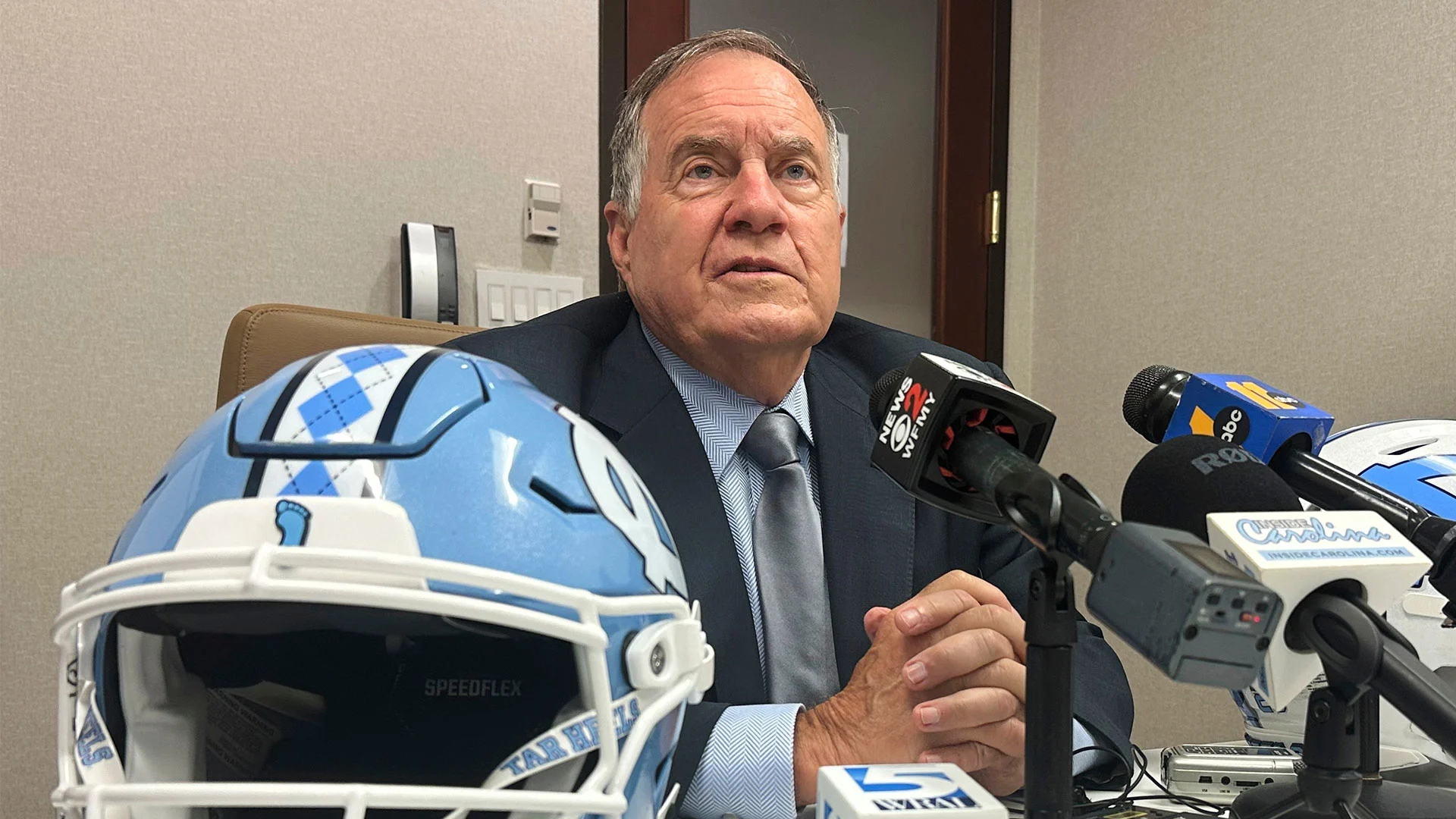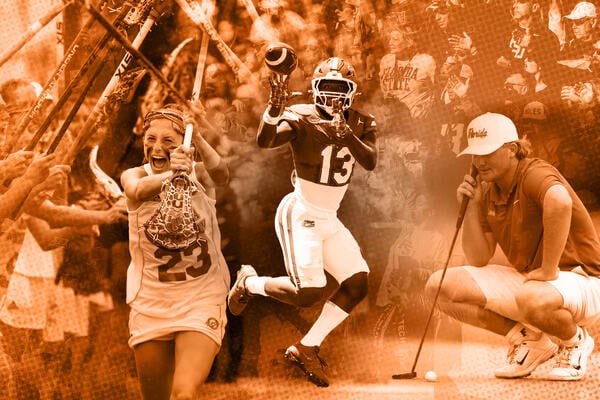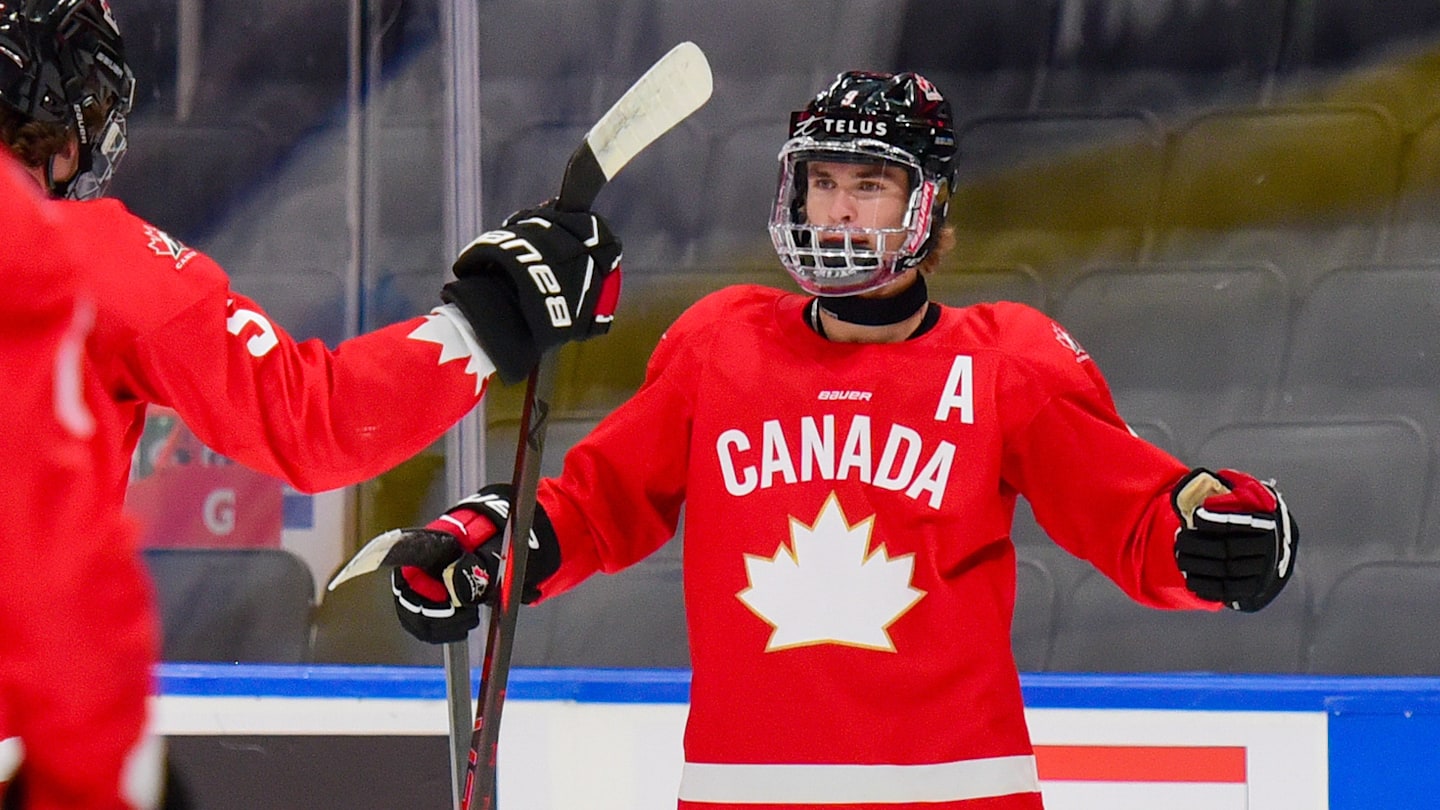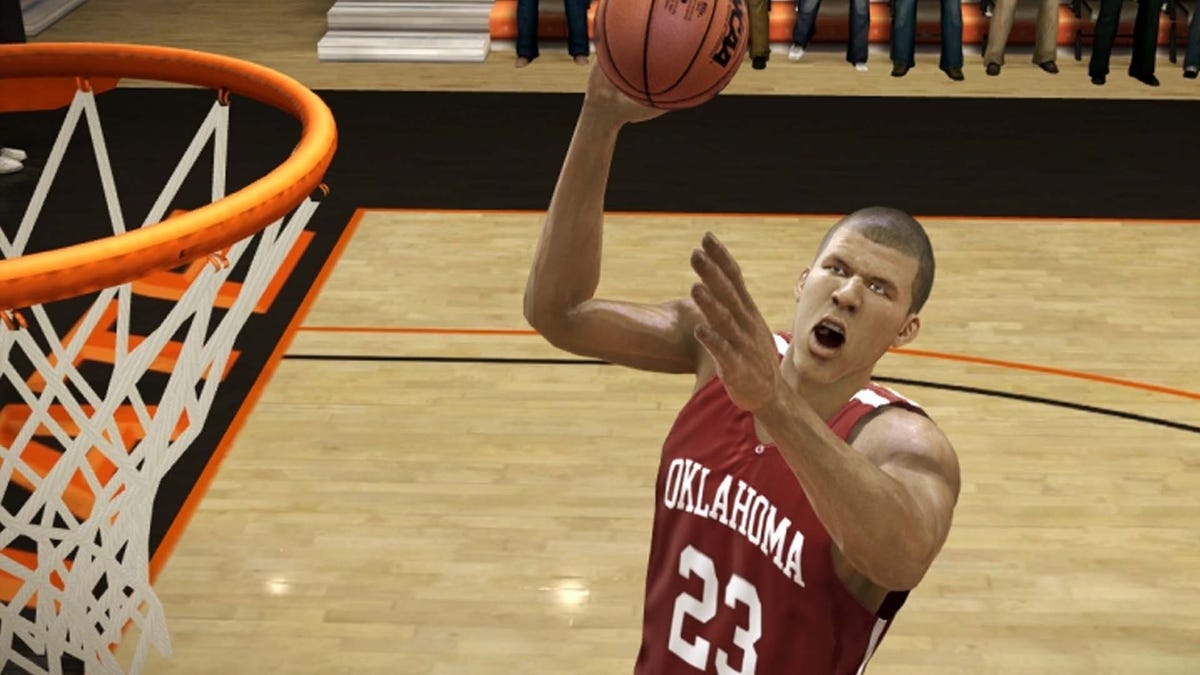fromReadWrite
3 days agoNCAA challenges Kalshi over March Madness trademark
The National Collegiate Athletic Association (NCAA) is again turning up the pressure on prediction market operator Kalshi, this time tying its trademark concerns directly to March Madness, the association's signature men's and women's basketball tournaments. The NCAA claims that Kalshi has used its name, marks and event branding in ways that suggest an official link. March Madness is owned and controlled by the NCAA, and the association says any implication of endorsement or verification crosses a legal line.
US politics
